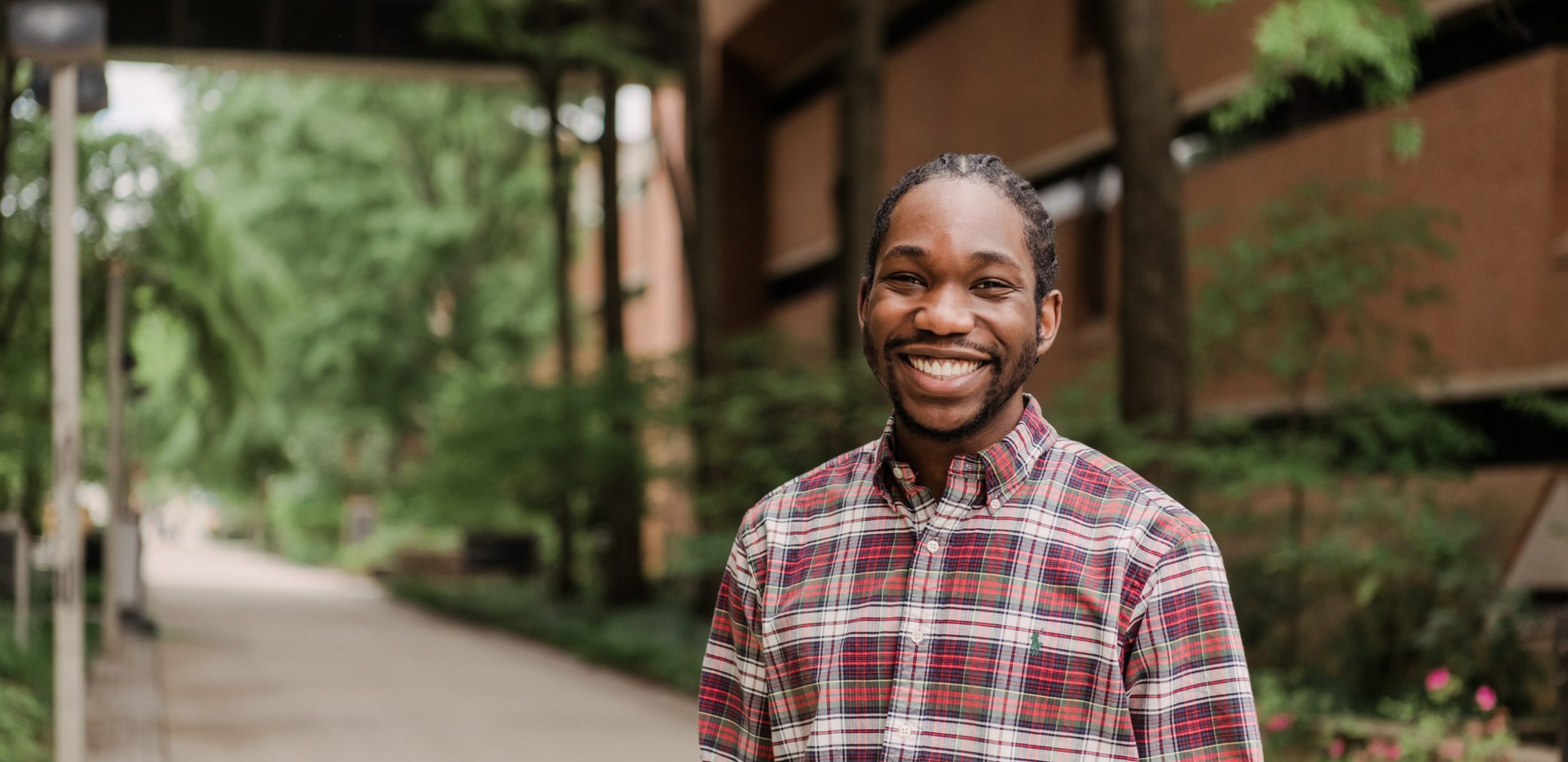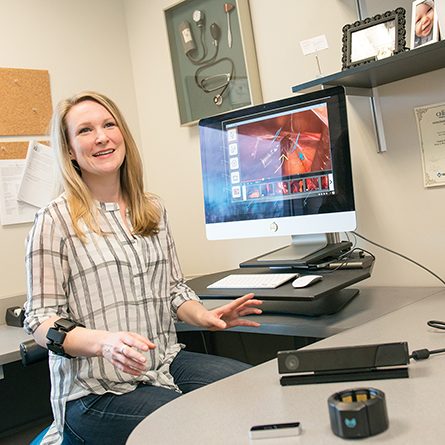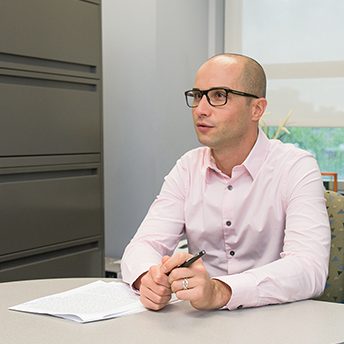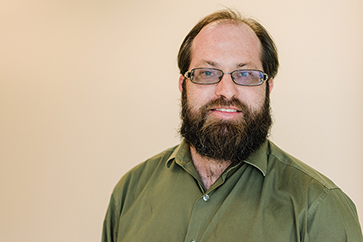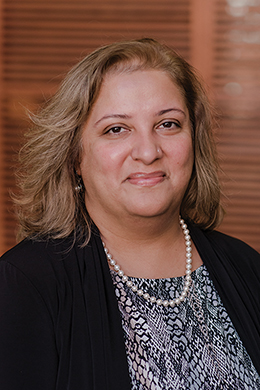Now more than ever, STEM careers are demanding their workforce keep the social impact of their work at the forefront. Interdisciplinary teams at UMBC are researching methods to support these efforts.
In the past five years, more than 14,000 students in the College of Engineering and Information Technology (COEIT) took courses in the College of Arts, Humanities, and Social Sciences (CAHSS), home to many courses that cultivate socially responsible thinking (SRT). At the same time, faculty in COEIT were also incorporating SRT concepts in their classes. This overlap was identified as an opportunity to collaborate, leveraging strengths of both colleges to imbue the STEM curriculum with an SRT approach.
“We want computing and engineering students to have a deeper understanding of the social impact of their work and how they are integrating SRT into their learning,” explains Helena Mentis, professor of information systems. Mentis is the lead investigator in the joint research project between COEIT and the Center for Social Science Scholarship (CS3) titled Identifying an Interdisciplinary Path to Social Responsibility Education Across the COEIT Curriculum.
Felipe Filomeno, associate professor of political science and global studies and CS3 associate director and co-PI, says that the first step of the project is listening to faculty. “We are not imposing a preconceived approach to how social responsibility should be integrated into a STEM education.”
Mentis also emphasizes the importance of alumni in this process—their practical experience can provide students with insights into how industry leaders are implementing SRT. Kara Seidel ’18, psychology, now a language, literacy, and culture doctoral student, is a research assistant on the project. “This project is a great way to get my feet wet in all the fields at once,” shares Seidel. “I’m here to learn and help bring all the pieces together so the team can craft and integrate the research in a way that will be most beneficial in the long run.”
UMBC faculty are also working on addressing the negative social impact of existing technologies, such as the ethics in machine learning and data science.
Jordan Troutman ’21, M29, computer science and mathematics—and a valedictorian for the class of 2021—researches how to eliminate bias in algorithms. Troutman won the 2018 Rutgers RISE 5MP for his research, Fairness in Machine Learning, about how the COMPAS algorithm, which is used in the U.S. court system for recidivism prediction, is twice as likely to falsely classify Black men as more likely to reoffend compared to white men.
Troutman notes that people inherently give power to computers when they start to depend on them to make very complex human decisions. He wants computer scientists “to understand the impact of how our program—discriminatory or not—can affect the world we live in.”
Troutman works with James Foulds, assistant professor of information systems, on identifying biases in machine learning technologies. Foulds received the National Science Foundation (NSF) CAREER Award in 2021 to develop technical solutions to resolve practical limitations of fair AI techniques.
Foulds also approaches ethical thinking from the data science perspective with his colleague Vandana Janeja, information systems professor and chair. “Ethics cannot be tacked onto one part of the data life cycle,” says Janeja. “It has to be integrated across the data life cycle and infused into each step of the process of discovering patterns in the data and in context of the data being considered.”
The goal of all this work, Mentis explains, is “to develop the next generation of technologists who have the framework and vocabulary to address the relationships between STEM and society.”
*****
Header image: Jordan Troutman ’21 on campus in spring 2021. All photos by Marlayna Demond ’11.
Tags: CAHSS, COEIT, CS3, Information Systems, Spring 2021

